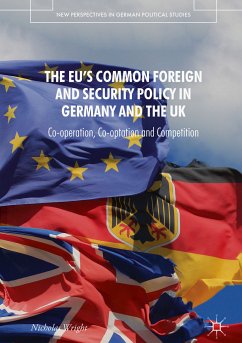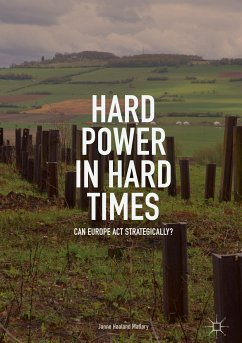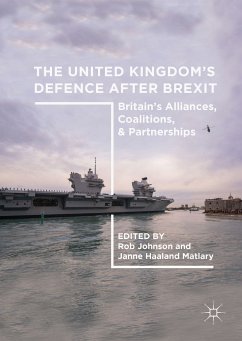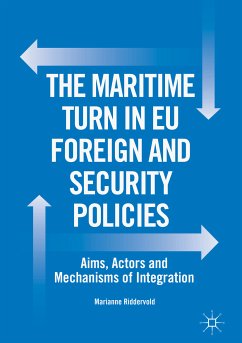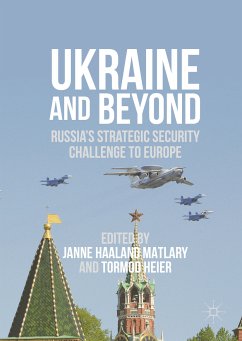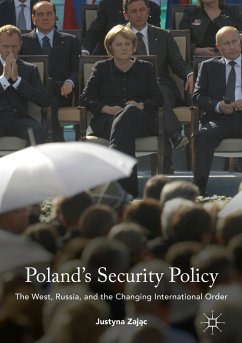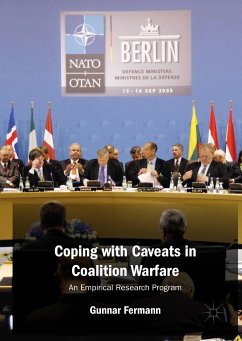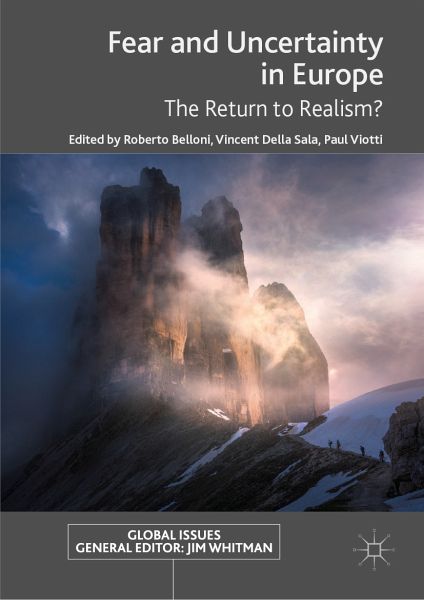
Fear and Uncertainty in Europe (eBook, PDF)
The Return to Realism?
Redaktion: Belloni, Roberto; Viotti, Paul; Della Sala, Vincent
Versandkostenfrei!
Sofort per Download lieferbar
112,95 €
inkl. MwSt.
Weitere Ausgaben:

PAYBACK Punkte
56 °P sammeln!
Russia's intervention in the Ukraine, Donald Trump's presidency and instability in the Middle East are just a few of the factors that have brought an end to the immediate post-Cold War belief that a new international order was emerging: one where fear and uncertainty gave way to a thick normative and institutional architecture that diminished the importance of material power. This has raised questions about the instruments we use to understand order in Europe and in international relations. The chapters in this book aim to assess whether foreign policy actors in Europe understand the internati...
Russia's intervention in the Ukraine, Donald Trump's presidency and instability in the Middle East are just a few of the factors that have brought an end to the immediate post-Cold War belief that a new international order was emerging: one where fear and uncertainty gave way to a thick normative and institutional architecture that diminished the importance of material power. This has raised questions about the instruments we use to understand order in Europe and in international relations. The chapters in this book aim to assess whether foreign policy actors in Europe understand the international system and behave as realists. They ask what drives their behaviour, how they construct material capabilities and to what extent they see material power as the means to ensure survival. They contribute to a critical assessment of realism as a way to understand both Europe's current predicament and the contemporary international system.
Dieser Download kann aus rechtlichen Gründen nur mit Rechnungsadresse in A, B, BG, CY, CZ, D, DK, EW, E, FIN, F, GR, HR, H, IRL, I, LT, L, LR, M, NL, PL, P, R, S, SLO, SK ausgeliefert werden.



